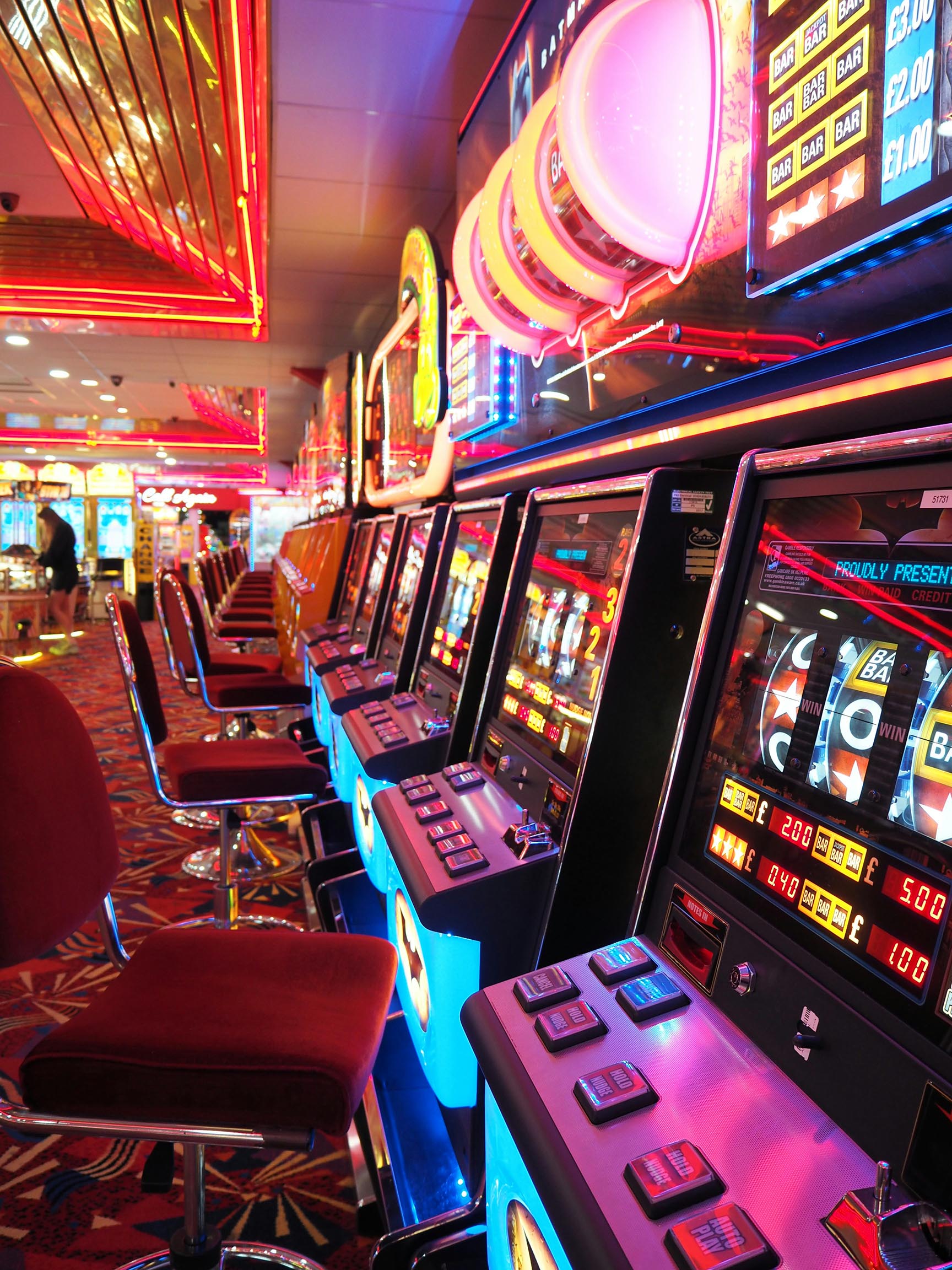21.01.2025
Pathological gambling

Psychologists and addiction experts have concluded that non-substance addictions exist, they refer to behavior and can include, gambling, sex, internet use, video game playing, shopping…
Pathological gambling, or gambling disorder, is a behavioral disorder in which the person cannot resist the urge to gamble, leading to serious financial, career, familial, social, and even health issues. This disorder is characterized by repeating patterns of gambling and spending money with no regard for the numerous problems that this behavior has already caused in the individual’s life.
Addiction is defined using multiple components, continued engagement in behavior with no regard to the negative consequences, less control of engaging in the specific behavior, compulsive engagement in the behavior, and urges or cravings to engage in the behavior. For a long time, addiction has referred only to substances, but behaviors such as pathological gambling can be enlisted into all these previously defined categories, these are non-substance addictions or behavioral addictions. These addictions affect the brain in very similar ways and produce similar consequences. Other characteristics that are similar in substance and non-substance addictions are the development of tolerance, cravings, withdrawal symptoms… Similar comorbidities are also common, as well as hereditary factors and ways of treatment.
You can find more information about substance abuse and addiction here.
Symptoms:
Symptoms of pathological gambling can include:
- Preoccupation with gambling, planning it, and trying to gather more money to gamble.
- Developing tolerance which leads to needing larger amounts of money to spend to feel the same excitement as before.
- Unsuccessful attempts at quitting gambling.
- Gambling to regulate stress and escape from problems.
- Attempting to recover lost money by gambling more.
- Lying to family members and those closest to them to hide the extent of gambling.
- Risking and destroying important relationships, jobs, career or academic opportunities, and alike to gamble.
- Getting into financial debt because of the money lost to gambling.
Most people who gamble as a form of recreation know when to stop, with compulsive, pathological gambling there exists an urge to continue gambling to return the lost money.
Denial is a common symptom. If those closest to the person show worry regarding their state and the state of their gambling problem, the person might still find it difficult to face their problem.
In case someone close to you shows concern about your gambling, listen to them, this problem is solvable with professional help.
Treatment:
Medicaments aren’t used in combating this problem, but what is used with much efficacy is psychotherapy. The goals of psychotherapy in this case are to help the person identify and change unhealthy emotional, cognitive, and behavioral patterns in their life.
Psychotherapy can help the person regain control over their unhealthy behaviors, regulate stress in a healthy way, improve relationships with those closest to them, better handle their finances, stay away from gambling and triggers, and help with other mental health problems that might affect the gambling addiction.
Unfortunately, the number of people seeking help with this problem is extremely low, people often try to handle it on their own, which is very difficult. Pathological gambling is a serious mental disorder that destroys lives and families around the world. People who suffer from this disorder have a higher risk of suicide. If you have doubts that you or someone in your vicinity has a problem with gambling, it is necessary that you seek the help of professionals such as psychiatrists or psychologists.
Written by: Bachelor of Psychology, Aleksa Holcer.
*This text is intended for informational purposes only. If you experience any symptoms, it is recommended that you seek advice from your doctor or a qualified healthcare professional.*
*Image taken from the site:https://unsplash.com/photos/arcade-machine-with-red-and-white-chairs-9UnXxVeZlpE
Compulsive gambling - Symptoms & causes - Mayo Clinic. (2022, June 18). Mayo Clinic. https://www.mayoclinic.org/diseases-conditions/compulsive-gambling/symptoms-causes/syc-20355178
Erbas, B., & Buchner, U. G. (2012). Pathological gambling. Deutsches Ärzteblatt International. https://doi.org/10.3238/arztebl.2012.0173
Yau, Y. H. C., & Potenza, M. N. (2015). Gambling disorder and other behavioral addictions. Harvard Review of Psychiatry, 23(2), 134–146. https://doi.org/10.1097/hrp.0000000000000051
Your trusted partner in finding medical information. We offer access to reliable resources and make it simple for you to get in touch with qualified medical service providers. Our goal is to assist you in achieving optimal health through dependable information and ongoing support, whether it's advice, a physical examination, or expert consultation.